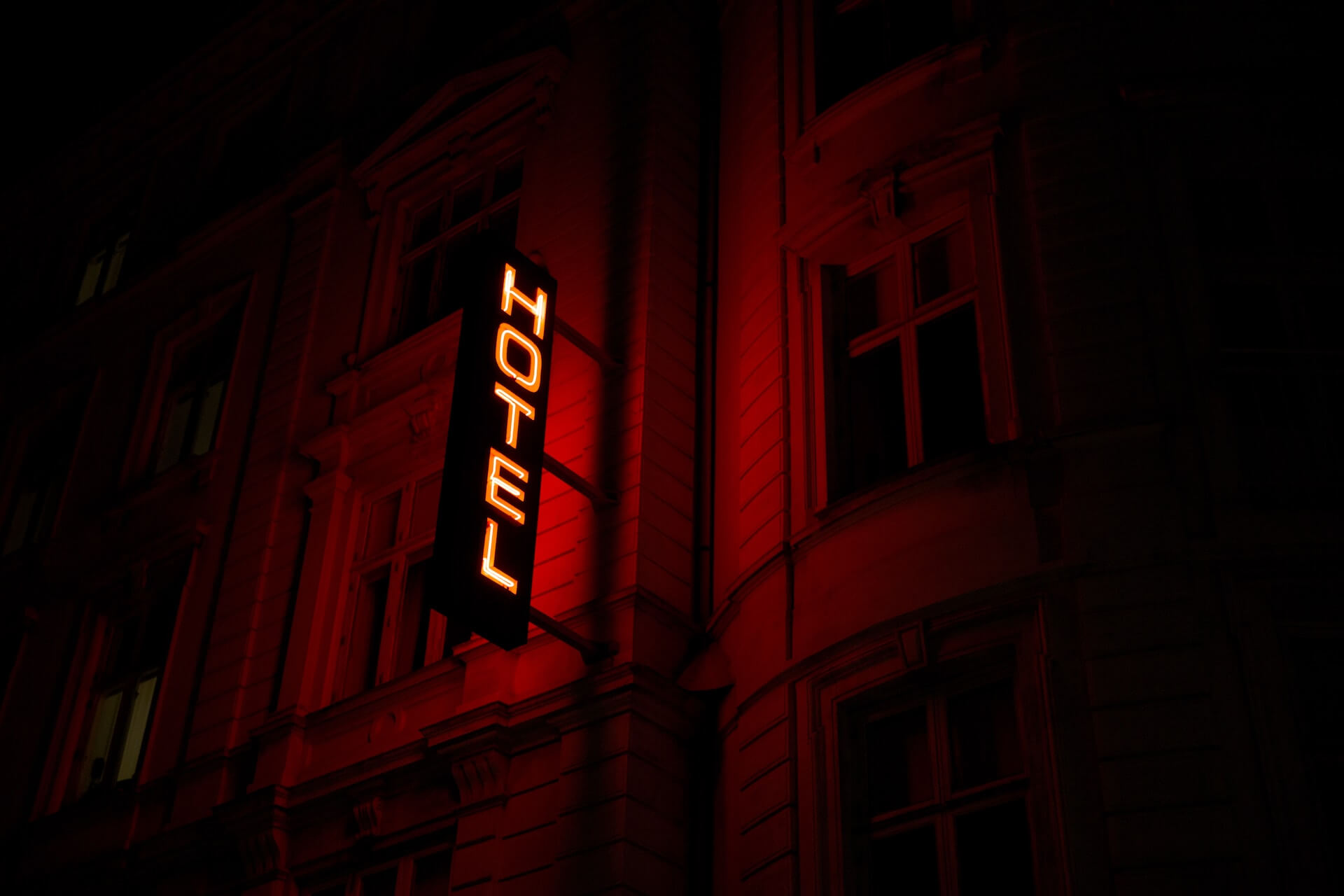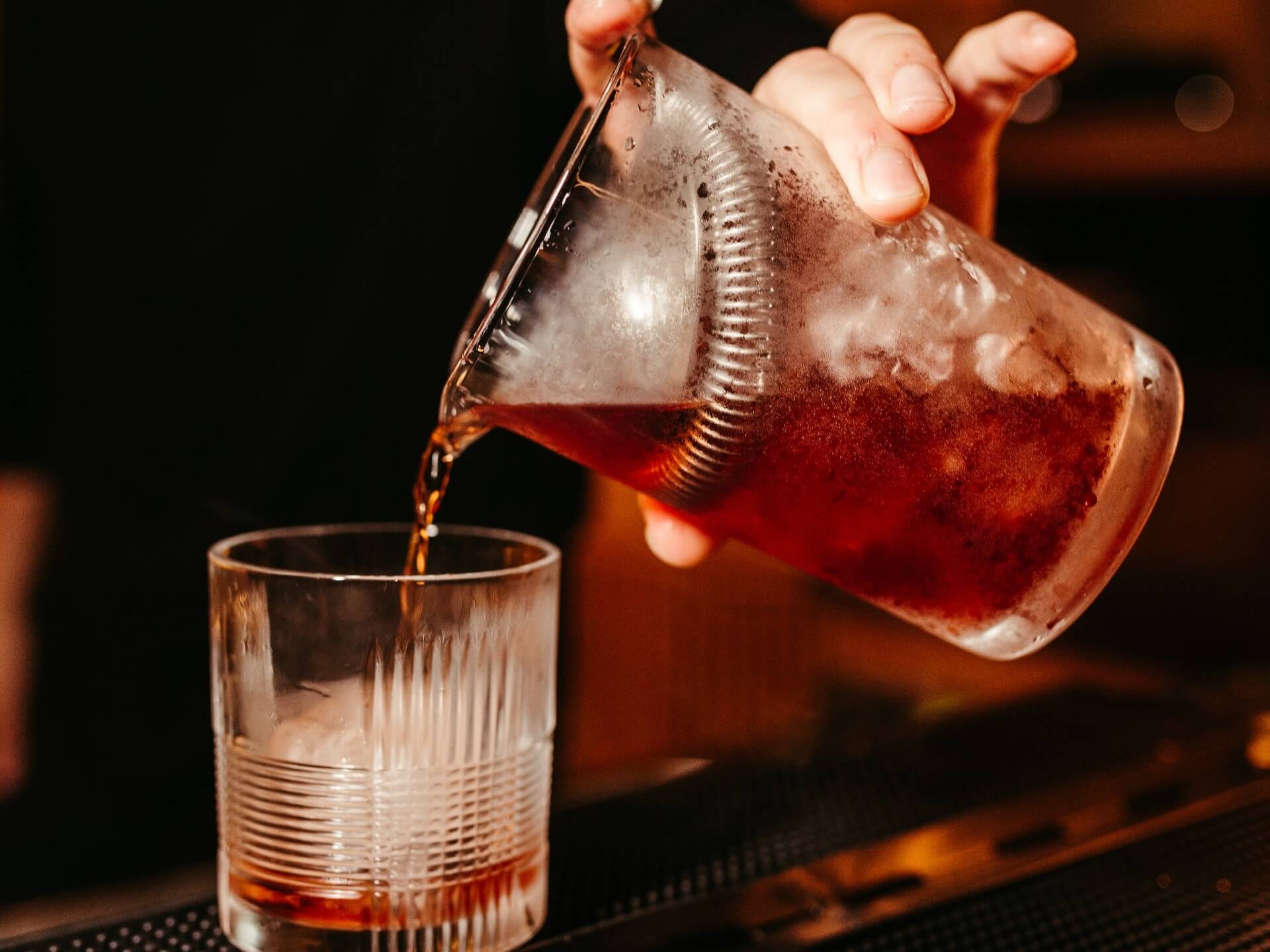Hospitality Mindset: Hotel Edition
by Jennifer Radkey

Mindset can dictate one’s level of happiness but what some people don’t realize is that it also impacts their business and everyone in it.
Moods like happiness or hostility. Growth or fixed worldviews. Positivity versus negativity. For operators and leadership team members, mindset doesn’t exist in a vacuum. Rather, one’s attitude affects and influences staff, guests, and others.
So what is mindset exactly?
Simply stated, mindset is an individual’s usual attitude or mental state. It reflects someone’s way of thinking and motivates their actions. So, why is it important to be aware of your mindset?
Well, if your mindset dictates how you show up in your life each and every day, it will influence all parts of your life.
Your thoughts about yourself, others, your business, your opportunities and your challenges… All influenced by your mindset. Your mindset can either hinder or promote your overall well-being and success in life.
The interesting thing about mindset is that it has the ability to change—if you want. It can also be influenced by your environment and those around you. These facts led me to question if the different sectors of the hospitality industry face unique mindset challenges.
To find answers and gain further insight I decided to turn to our team at KRG Hospitality for their thoughts. In turn, I’ve written a series of hospitality mindset articles. To read the first entry in this series, the Bar Edition, please click here.
In this article I’ll explore the hotel industry, with thoughts from hospitality consultant Kim Richardson. Follow the series as I explore mindset in restaurants, hotels, bars, and start-up operations.
Let’s dive in!
The Hotel Industry
The hotel industry is vast and can be segmented into different sectors. These sectors include: lodging and accommodation, food and beverage, travel and tourism, entertainment and recreation, and timeshare and meetings.
Not only is the industry vast in its sectors, there are an array of categories. There are motels, inns and resorts, and independent, boutique and global brands. Budget, midscale, and luxury properties, and everything in between.
Different types of hotels will vary slightly in their management styles and success challenges, but most will share common mindset themes.
Successful Operators
Operating a successful hotel takes a certain mindset. You need to be organized, open-minded to growth strategies, mindful of your sectors and how they interact with each other, and responsive to the needs of your teams.
Curious about what makes one hotel stand above another, I asked Kim what contributes to a successful operator. She responded with the perspective of a general manager of a large hotel, and then from the perspective of an owner of a small boutique hotel.
“One thing that really sets the hotel world aside from the rest of the hospitality industry is the multiple facets of the different departments,” says Kim. “You’re essentially running several businesses inside of one business. All of these different departments’ successes and failures impact the other departments. I think it’s important for operators and general managers to truly have a pulse on what’s going on throughout the building and, more importantly, when a department has a success or failure, how the other departments contributed to that.”
When it comes to smaller boutique hotels or inns, Kim believes that “the ability to wear many hats and jump in as needed” is a crucial success skill for owners as they often work with a much smaller team and may need to be more hands on. Hand in hand with the ability to multi-task and wear many hats is having excellent time management skills.
Whether you are the GM of a large hotel or an owner of a small boutique hotel, it is essential to constantly “have a pulse on the business coming in the door.”
Operator Challenges
Operators need a positive, strategic, growth mindset to be successful in the hotel industry. This is a mindset that needs to be consistently cultivated, as there are challenges that will affect your daily thoughts, beliefs, and attitudes.
When asked what specific challenges hotel operators face that may affect their mindset, Kim shared her thoughts, again from the perspectives of a large hotel GM and that of a smaller boutique hotel owner.
Accountability
Being responsible for and held accountable to all levels of positions in your establishment can be exhausting, stressful, and frustrating.
“A general manager of a hotel has a lot of people to answer to. They have people above them in corporate making demands of them on a daily basis (budgets, goals, etc.). They have staff that they employ and need to keep happy. They have guests they need to keep happy,” Kim says. “With this many responsibilities, time management alone can be stressful. Finding a happy medium is close to impossible. Not every decision you make is going to please all three parties. This position can suffer from burnout just as much as the rest of their team.”
Overwhelm
Operators of boutique hotels and inns fall into danger of taking on too much themselves while feeling the success of their venue lies entirely on their shoulders.
Burnout, fear, and exhaustion are all possibilities in this situation.
“In a small boutique hotel, the owner and operator wears many hats,” says Kim. “They are often having to jump in and run many departments. If you’re short staffed in one area, you’re going to have to jump in. This can create a situation where you’re spending so much time working in the business that you struggle to work on growing the business. The overall stress of the success of the business is much more when you own your own hotel. Competing against big hotels with larger marketing budgets and known names can be a challenge.”
Employee Challenges
Your team also experiences their own unique set of challenges that can affect their well-being and mindset.
Being aware of these challenges is important if you hope to create a culture of respect, collaboration, and trust.
When asked what specific challenges hotel staff face, Kim had some insights.
On Demand
It’s no secret that the hotels operate in a 24-hour industry. No matter what time of day or night, a hotel never truly “sleeps.” This on-demand atmosphere can be stressful for your team.
“Since the building is open 24 hours, guests tend to think you are also available 24 hours,” Kim says. “There is always the possibility that you could get a call at any time when you’re not working. Not only does the guest perceive you as always available, some managers expect the same from you, too.”
Broken Telephone
Working in a 24-hour environment means that you may not always be working with the same people every shift. In establishments with several departments, you may never have direct interaction with a lot of your team.
This can all lead toward miscommunication, frustration, and blame.
“Communication can fall short,” explains Kim. “There can be people who work in other departments that you are never in the building with at the same time. There are typically many procedures in place to communicate between departments, but things still get missed.”
Harmful Beliefs in the Hotel Industry
How you feel about the people you work with and/or work for can have major impacts on your overall mindset.
If your daily thoughts regarding your team are negative, it suddenly becomes very challenging to create a successful hotel. Why would they be excited to come to work and proud of your hotel if their efforts are only ever met with negativity?
The hotel industry has a few specific, common harmful beliefs that are prevalent in many establishments. Being aware and knowing how to acknowledge and combat these beliefs is crucial to creating a more positive work environment.
Assumptions
When I asked Kim what one of the most prevalent harmful beliefs operators harbor about their teams, she discussed the assumptions that are often made.
“I think proprietors sometimes think that what they’re asking is easy and doable,” posits Kim. “When a business is not doing well they tend to look at the quality of their staff versus quality of the processes.”
Assumptions without clarity or reason can be extremely harmful to your workplace culture. Not only are operators holding assumptions about their team, but their team holds assumptions about leadership.
Staff often feel that operators and members of the leadership team are out of touch with the reality of their market, and that they place unrealistic expectations on them. There are assumptions made that leadership does not want them to succeed personally.
“Revenue goals are increased just because they want more money but haven’t put thought into whether or not it’s attainable to make the money,” says Kim. “Operators don’t want to see people get bonuses, so in turn they raise goals. Doing well one year will only hurt you in the next year because all goals will be raised. Staff feel overworked and underpaid, leading them to believe that ownership is cheap and always giving a two-person job to one person.”
Toxic Culture
The last thing that any hospitality business needs is a toxic culture. A toxic workplace culture encourages and breeds negative mindsets on all levels.
How can you be successful if your team dreads coming in for their daily shift?
I asked Kim what can create toxic culture in a hotel, and she shared her thoughts and experiences.
“One of the biggest challenges that I always felt in hotels is the divide amongst departments. It’s very similar to the front-of-house, back-of-house animosity that often exists in restaurants,” shares Kim. “One department always feels that another department was not mindful of how their decisions impact their department. What I came to realize is sometimes that’s true and sometimes it’s not. There’s always going to be that person who decided to make the decision that was best for their day or made them look good in accomplishing their own job.”
“However, I don’t think that is the intention of most people,” continues Kim. “With so many different types of roles in a hotel, you will never understand all of the inner workings of another department. Each department has to make the decision that best accomplishes their goal for the guest and their department. When the communication breaks down between departments and there is no understanding of how they impact each other, animosity is created.”
Moving Forward
Understanding the challenges that operators and staff are currently facing and acknowledging the importance of a growth mindset and the need for change, what positive changes have been occurring in the industry as a whole?
“Some hotels have increased wages. Some have been more open to hybrid positions of remote and on-property work since the pandemic,” Kim says. “However, there are some that are now trying to do away with those. Also, there are only a few departments in the hotel that can benefit from this as many of them need to be on property to do their jobs.”
“Overall, I haven’t seen a ton of change. There are still so many people struggling with work-life balance in the hospitality industry,” Kim continues. “I just talked to a friend the other day who has told me for years that she’s a lifer in hotels and she’s never going anywhere. She is the last person I thought I’d hear this from, but she’s feeling burnout and is not sure how much longer she can last. This is someone who is excellent at their job. Really understands the business, is a hard worker, team player, willing to go the extra mile. How many people do we find like that, that we are throwing away by putting unachievable standards on?”
Room for Improvement
Although some operators are becoming more aware of the well-being of those working in this industry, there are still many changes that need to happen. Kim believes that there are three simple changes that need to happen.
“We need to stop losing people that want to be lifers over things like burnout and lack of work-life balance. Genuine gratitude and respect from superiors goes a long way. Better communication and accountability are a must,” says Kim.
Final Thoughts
Hotels are a complex entity with many moving parts. It takes a strategic and positive mindset to ensure success and a happy work environment.
The reality is that there will always be challenges that will affect your thoughts and behaviors. You will have bad days but that is all they are: bad days.
It is the leader who can recognize these setbacks as temporary and use them to fuel their mindset towards making positive change who will come out on top.
I’ll leave you with a few last words of wisdom from KRG Hospitality hotel and restaurant consultant Kim Richardson.
“When guests come to stay at a hotel, it is their home for the duration they are there. They are there much longer than grabbing a cup of coffee or a night out to dinner. They can feel the demeanor of the staff,” says Kim. “Positive work environments exude happiness for the guests. When the employees are unhappy, the guests leave unhappy. Mindset can be contagious, and while the internal feelings trickle down to the guests, it starts way before that. If a positive energy is being given off from the leaders in the building, it can have a great impact on the staff, which then impacts the guests.
Cheers to personal and professional well-being!
Image: Marten Bjork on Unsplash






